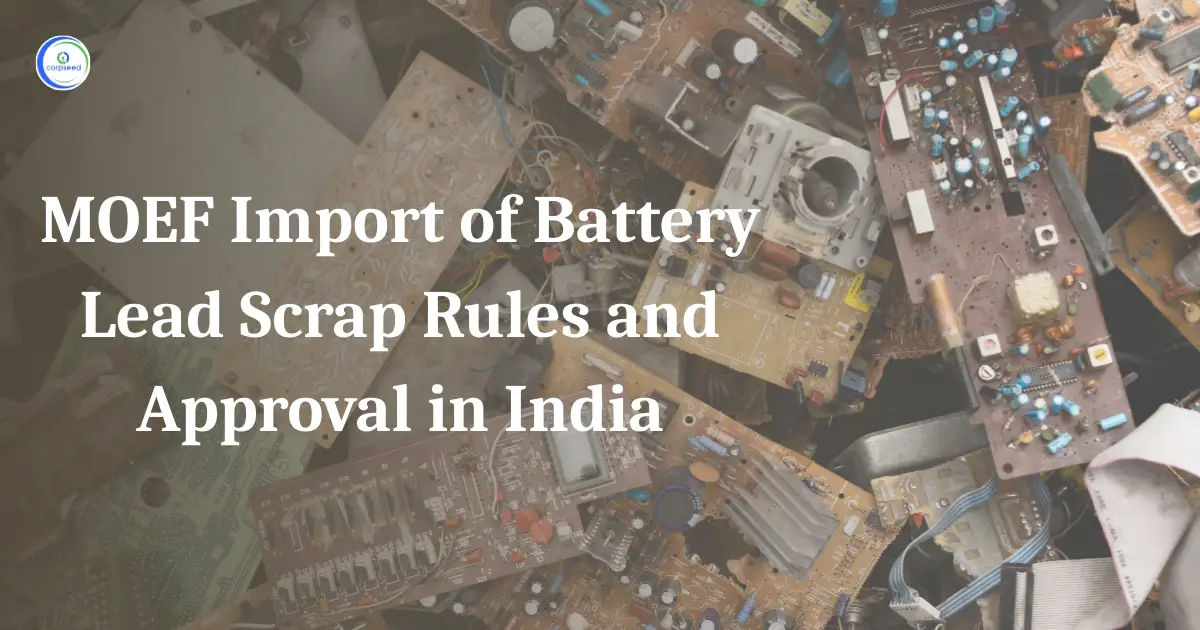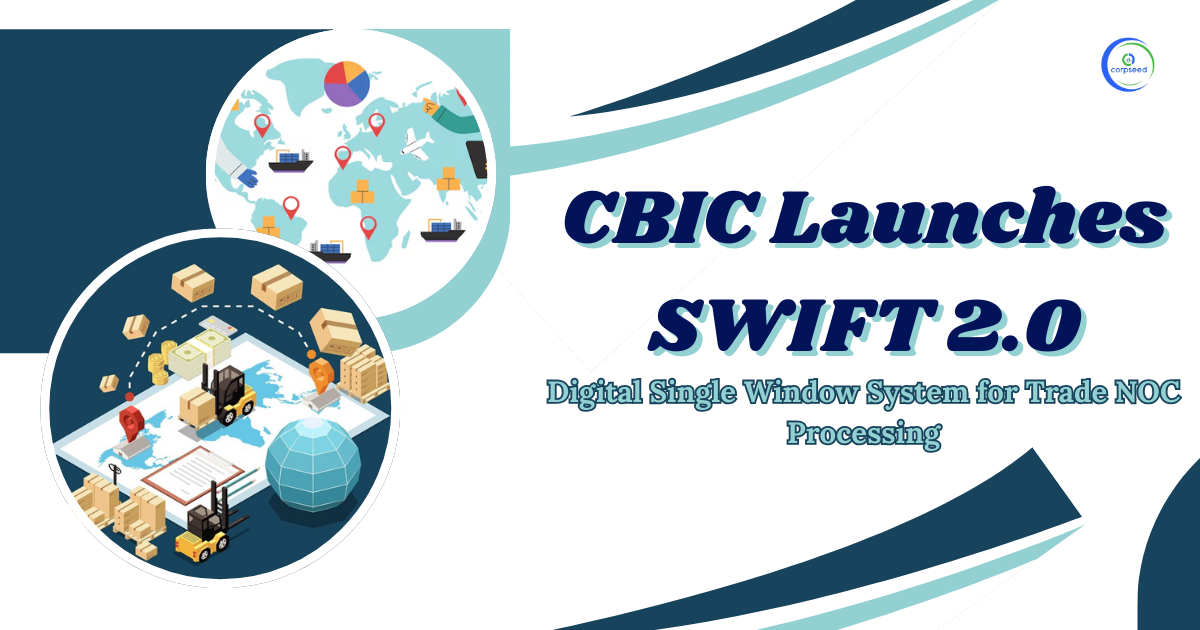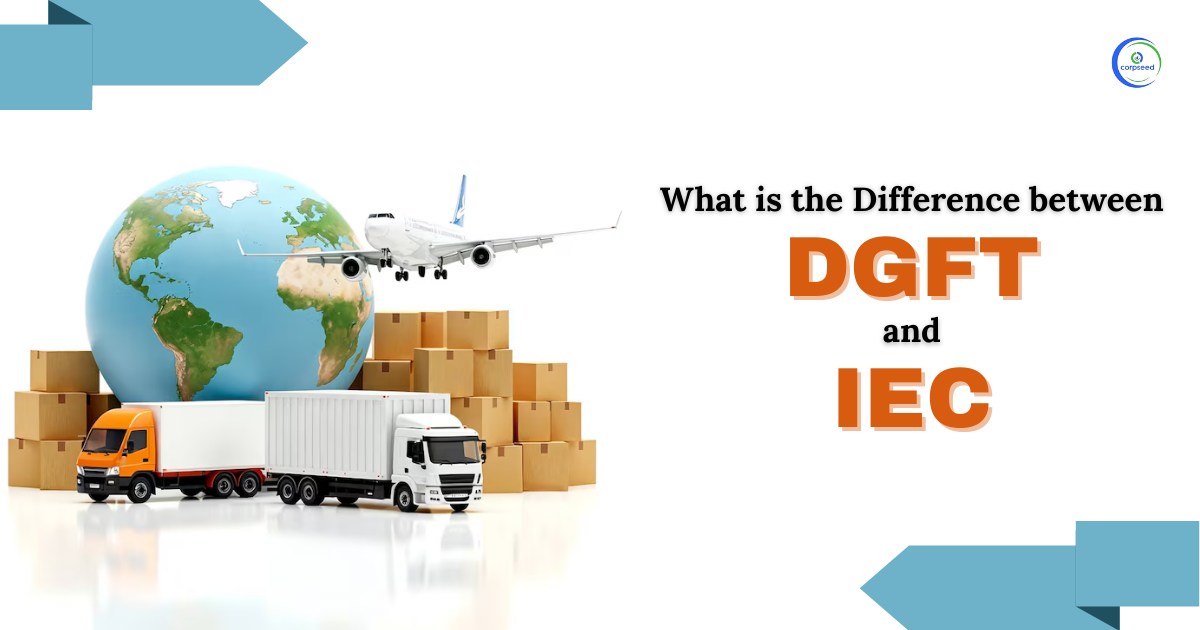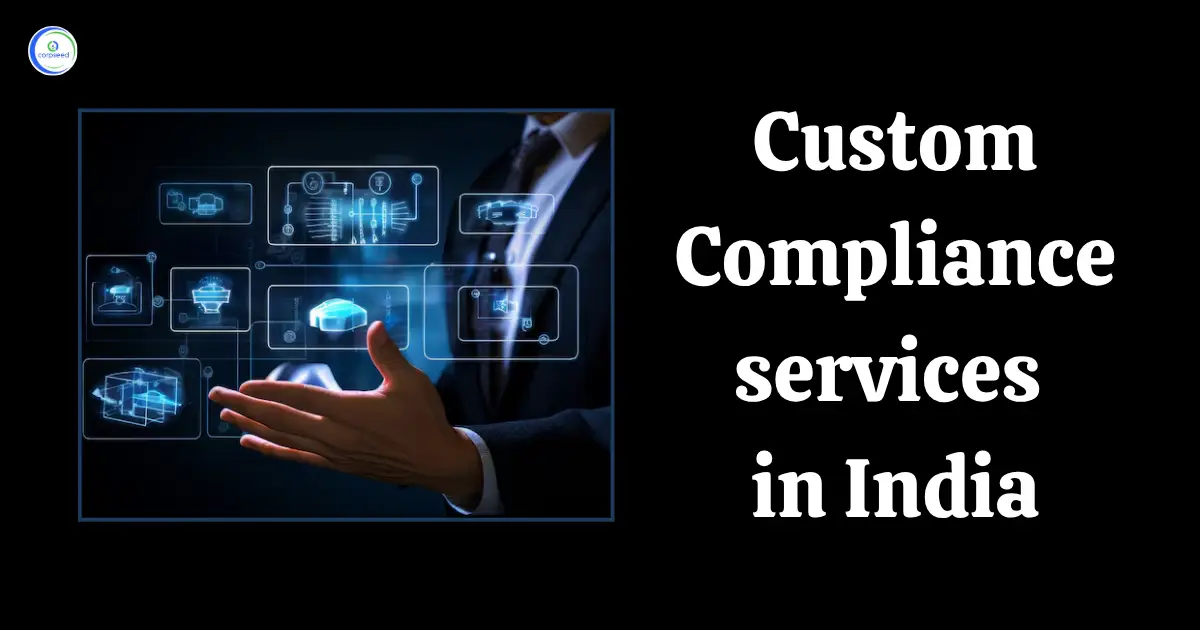To import battery lead scrap into India, business need to obtain MOEF clearance. With rising demand for lead scrap, its import is also increasing due to its requirement in automobiles, renewable energy and manufacturing. However, Lead is considered as a hazardous material, so it requires clearance and legal authorization from the State Pollution Control Board (SPCB). The Ministry of Environment and Forests (MOEF) regulates the import of used lead-acid batteries and lead scrap under strict environmental standards. If handled carelessly, it can cause serious damage to environment and public health.
Table of Contents
What is MOEF Import of Battery-Lead Scrap Clearance?
The MOEF import of battery scrap clearance is an approval granted by the Ministry of Environment and Forests before any shipment of used lead acid batteries or lead scrap can enter India. Obtaining this clearance is crucial for leads of toxic nature. These substances require careful recycling, otherwise they may contaminate the water and soil, also impact environment and public health.
Therefore, custom authorities strictly imposed the requirement of proper clearance and approvals, otherwise shipments cannot be released. Any business planning the import of used lead-acid batteries require to first apply for and obtain this authorization from MOEF.
Ministry of Environment and Forests Import Rules
The Ministry of Environment and Forests import rules establish the foundation for regulating all hazardous waste imports in India. For batteries and lead scrap, the ministry only authorizes registered recyclers with adequate facilities to handle such waste responsibly.
Companies importing lead scrap must comply with:
- Hazardous Waste Rules 2016
- Basel Convention guidelines for global waste movement
- Directions from CPCB and SPCB for recycling and disposal
--------------Blog Contact Form-------------
Significance of MOEF Clearance for Battery Scrap
Obtaining the MOEF clearance is not just a legal requirement, it is a shield to protect the import of any hazardous wastes. Some of its key importance include:
- Environmental Protection: The clearance ensures the imported lead scrap is handled under accredited facilities only, where recycling is done in an eco-friendly manner, and where there is no sort of leakages into soil, water and air.
- Authorized Handling: Only recyclers registered with CPCB or SPCB are allowed to deal with imported scrap.
- Prevents Illegal Import: MOEF clearance prevents illegal import of hazardous wastes. It is illegal to import batter lead scrap without having CPCB or SPCB registration or clearance.
- Global Commitment: Following strict MOEF principles, India aligns with global agreements like the Basel Convention, strengthening its obligation to better and safe waste management practices.
MOEF Permission for Battery Scrap
To import battery waste, companies must apply online for MOEF clearance. Without this permission, customs will not release shipments. Companies are advised to apply well in advance to avoid delays. Documents required include:
- SPCB approval certificate
- Plant layout and capacity details
- DGFT import license copy
- End-use certificate confirming that recycling is the only purpose
Application Process for Lead Scrap Import License India
Companies that are involved in import of toxic products in India such as battery-lead scrap must secure a lead scrap import license from DGFT (Directorate General of Foreign Trade). Along with the license, MOEF clearance for lead scrap import is also required.
To carry out lead scrap import in India, businesses must follow the following steps:
- Visit DGFT portal to obtain an official import license
- After obtaining import license, apply for MOEF clearance for battery lead scarp import
- Apply for CPCB or SPCB authorization for recycling facilities
- Submit company details and business layout
- Details of in-house recycling facilities or connections with licensed recyclers
- Compliance with all hazardous battery scrap import process
- Submit periodic recycling reports to the respective authorities
Also Read: MOEF Compliance in India: Key Regulations Businesses Must Follow
Hazardous Waste Import Approval
Lead scrap is categorized as hazardous waste under Indian law. Therefore, the import of such hazardous waste required a valid approval from the respective body. Companies involved in the import of lead scraps need to get MOEF clearance to signify that they have proper facility and technical capability to recycle toxic waste without causing any harm to human health and environment. Having this regulation also ensures that hazardous battery scrap import process in India are not distorted and all the imported materials are recycled in accordance with environmental protection norms.
Conclusion
The MOEF import of battery lead scrap process is not just a formality but a structured system balancing industrial demand with environmental protection. Business planning to import such hazardous materials must secure a lead scrap import license, and adhere with the Hazardous Waste Management Rules. By complying with the battery scrap import regulations, not only ensures smooth trading, but it also helps avoid fines, punishment or legal action. It also guarantees safe recycling, prevents illegal dumping, and boosts sustainable growth in the battery sector.
FAQ`s
It is mandatory approval from the Ministry of Environment and Forests for importing used lead acid batteries or lead scrap. Without it, customs will not release shipments.
Yes. Importers must obtain a DGFT license along with MOEF approval before starting the import process.
Only recyclers registered with CPCB or those tied up with authorized facilities are allowed to import.
The main documents are State Pollution Control Board (SPCB) approval, DGFT import license, details of the recycling unit, and an end-use certificate ensuring recycling as the purpose.
Lead is hazardous and can harm people and the environment if not properly handled. Regulations ensure only authorized recyclers handle imports safely safeguarding both environment and public health.
This portion of the site is for informational purposes only. The content is not legal advice. The statements and opinions are the expression of author, not corpseed, and have not been evaluated by corpseed for accuracy, completeness, or changes in the law.
BOOK A FREE CONSULTATION
Get help from an experienced legal adviser. Schedule your consultation at a time that works for you and it's absolutely FREE.


_Application_Procedure.webp)






